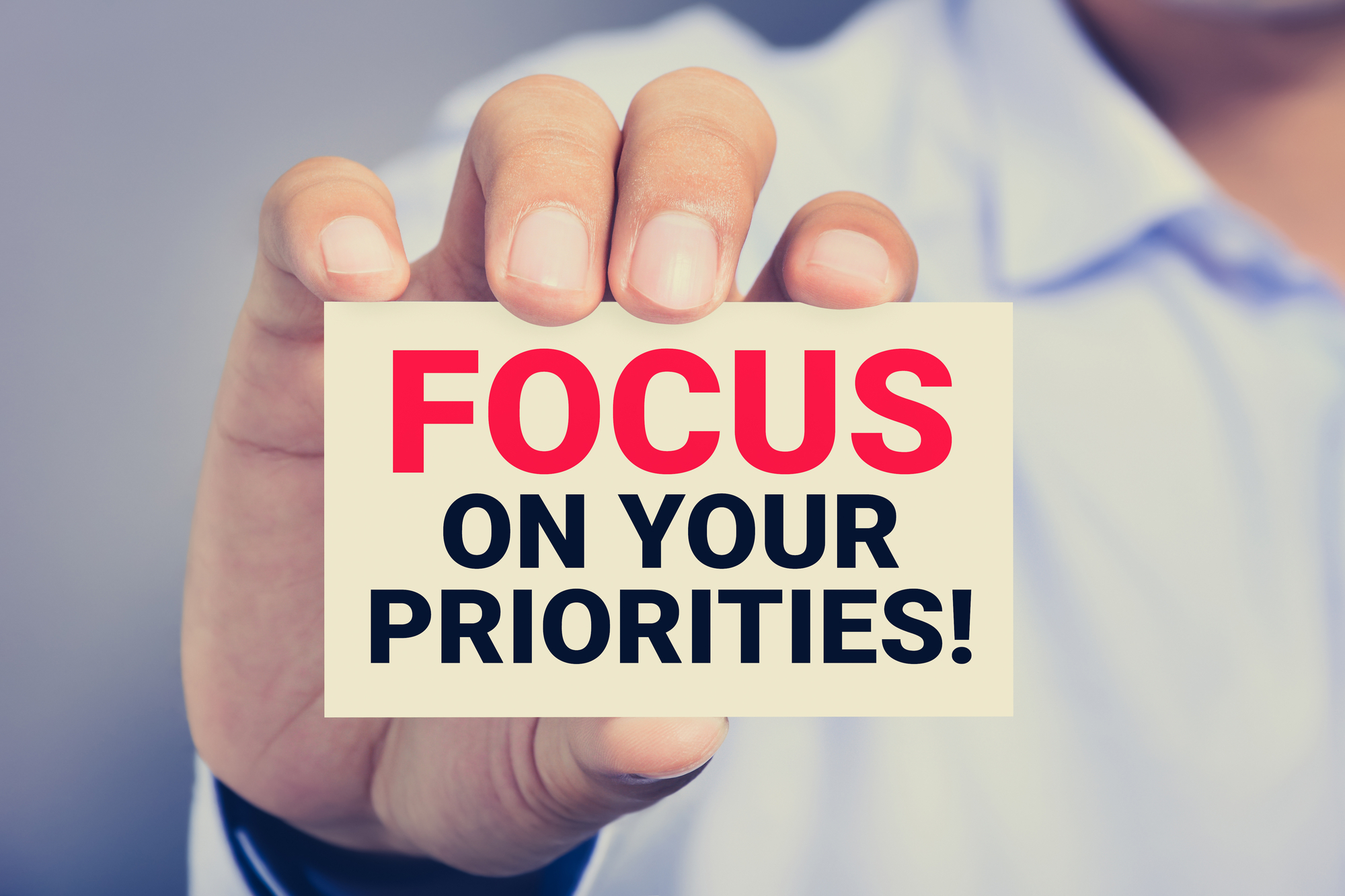Every one of us has 24 hours in a day. Why do some people achieve more results than others? As a manager in a software business, there are so many different aspects that I must keep my eye on. Project management, team management, client relationships and some more technical aspects. To deliver a project on time and with quality, I must divide my teams time and my time. So what is focus time?
Focus Time is a simple time-management technique that can change your life. The technique, when set up and implemented, requires you and your team members to work several defined short intervals. Outside of that time, you can attend to the clutter (emails, social media and other distractions).
Why do you need focus time?
Being able to focus on one thing for a well-defined period produces better work. It also helps get the work done quicker. With less noise, you also tend to have less stress and worry. If your mind is in a stress-free environment your creativity booms.
To be focused means you need to have goals and objectives defined. Once you know where you are going you can organise your time around achieving the goal is short, focused bursts.
How to get more Focus Time
In a complex work environment like today’s, each person must wear many hats each day. To find the time to focus can be a challenge. Here are some techniques I use myself and for my team. Later, I will show you a tool, RescueTime, that shows you where you spend your time, how much and for what periods of time.
1) Improve Self Belief
You need to believe in your own ability to follow through on a schedule. Focus becomes a lot easier when you can manage up and down and know the urgency at the moment. Most urgent tasks are not important and can wait for later. You need to believe in your ability to make the right call.
2) Get Rest
Not getting the right amount of sleep for you can lead to impaired cognitive ability. To set yourself up for success, make sure you get 7-8 hours of sleep each night.
3) Set Daily and Weekly Goals (Get accountability)
As a manager, setting the tone of what is important for the day or week will help your team to get their focus dedicated to the right tasks. By communicating and providing the schedule, it’s clear what needs to happen. There will be urgent issues that arise during the day and can derail a schedule. Working together and continually defining the focus will keep you on track.
4) Schedule in advance and with set focus periods
Once the goals and objectives are defined, it’s up to you to focus your own time. Getclockwise defines it like this.
Swerve, Stack and Schedule.
- Swerve: Learn how to ignore people: Delay your response to incoming messages. Rather have a focus time for that. It will allow you to be more thoughtful in your response and reduce the back and forth of emails.
- Stack – Schedule your meetings back-to-back in your calendar: First thing before you start your workweek, re-arrange events to maximize your (and your team’s) productivity. Try to create more meeting zones so that you have larger chunks of time to dedicate real work focus time.
- Schedule – Block off Focus Time on your calendar: Once you have the blocks in place, you and your team can look at the week’s goals. Place the focus blocks in your calendars’ and stick to them. Protect your focus time.
To add to this, make sure your focus time is at your peak performance times. If you are sharper in the morning, make sure your plan pushes more focus time here.
5) Declutter your space
I don’t know about you, but I work better when my workspace is clean. Sometimes I find myself cleaning up my space before getting to the focus time. Everyone’s circumstances and preferences are different, so you need to figure this out. For example, if you work at home and it’s too busy to focus, think about going out for periods of time. Have a look at this blog post on how to declutter your brain.
Rescue Time
Rescue Time is an Automatic time-tracking and distraction blocking tool you can run on your PC all day long. RescueTime shows you exactly how long you spend on apps and sites down to the minute.
Find out more and use the free version. Upgrade to premium for 14 days free.
Features
- See exactly where your time goes.
- “Turn off” distractions like social media and news.
- Stay focused on goals all day long.
- Keep track of time spent in meetings and calls with one-click.
Summing it up
Focus time can help you and your team achieve your goals. With more time dedicated to the right tasks, you should see more quality work. Your team will also feel less stress and learn skills to manage time more effectively.
So now that you know what focus time is, it’s up to you to find the time.
Are you ready to Launch into the Digital Space?
